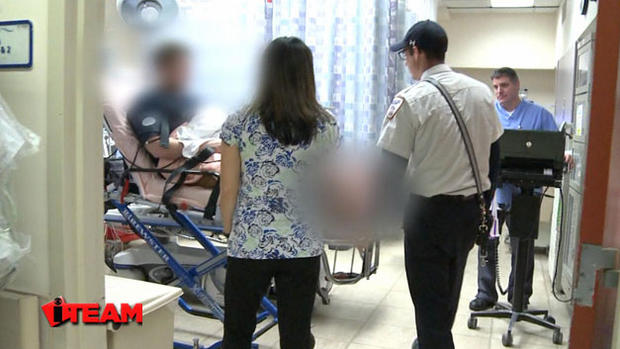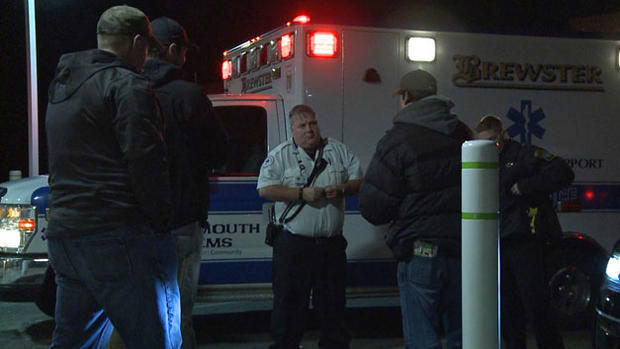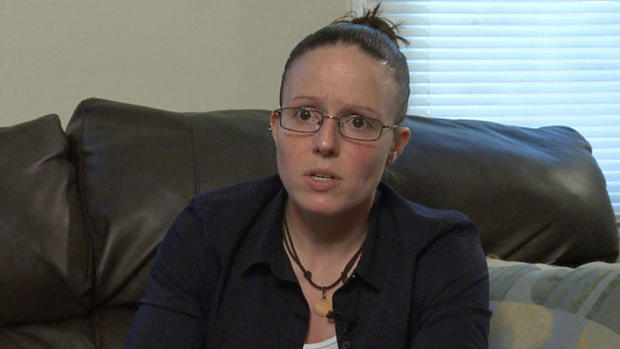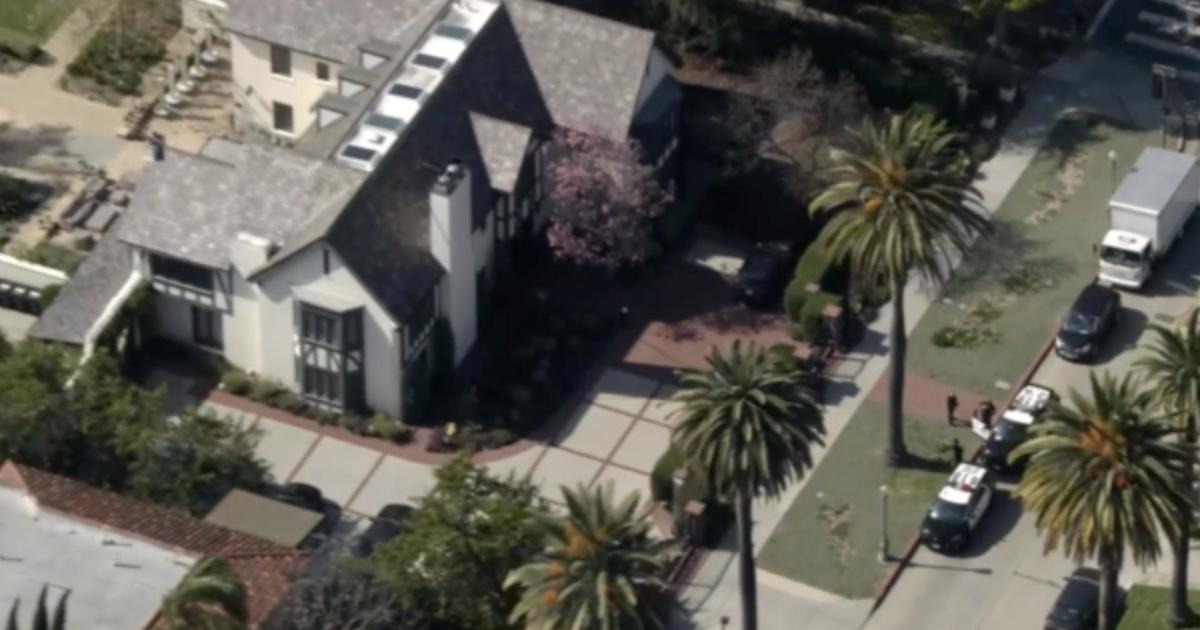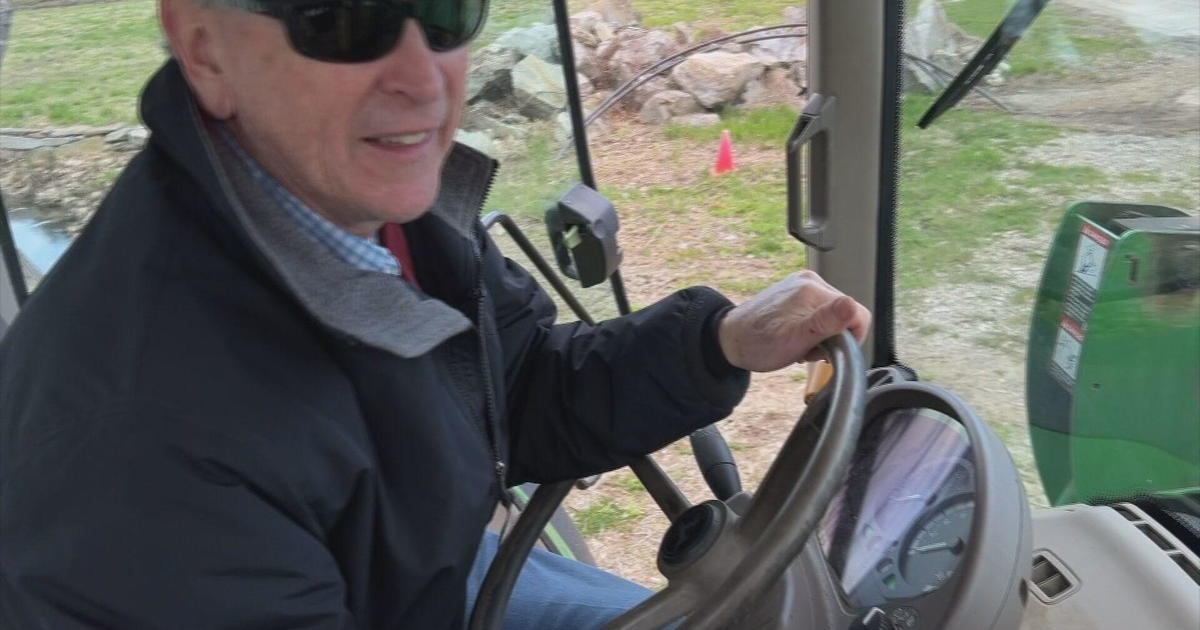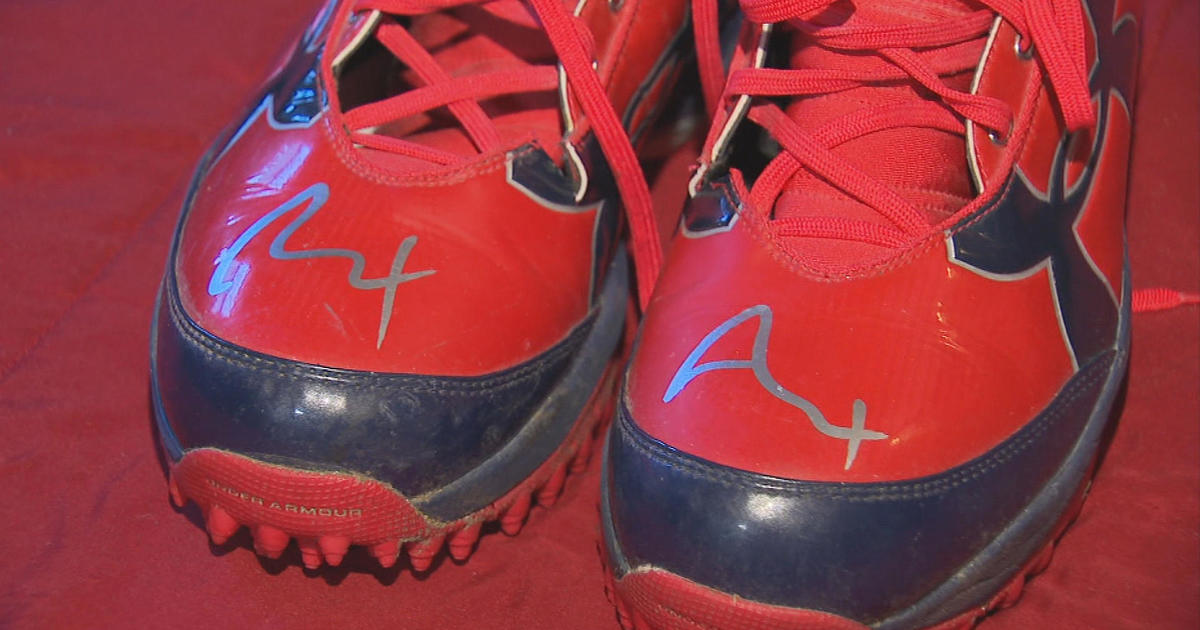I-Team: On The Front Lines Of The Opioid Crisis In Mass.
BOSTON (CBS) - The opioid crisis is touching every corner of Massachusetts and claiming victims of all ages. It's estimated four people are dying in the state every day from overdoses.
More people now die from overdoses than from car accidents.
The I-Team spent the last couple of months on the front lines of this battle to get a better understanding its scope, and to see how personnel in our hospitals and police departments are fighting back.
The I-Team was in the emergency room of the Beth Israel Deaconess Plymouth as an overdose victim was rushed in for treatment. He was a man in his 20s who had stopped breathing and had been revived with Narcan.
Dr. Mark DeMatteo said that if the ambulance had not gotten to him as quickly, he would have died. Dr. DeMatteo explained how opiates like heroin cause the respiratory system to shut down. "Your heart stops beating and it leads to death."
Doctors and nurses said cases like this have become very routine for them. Southeastern Massachusetts has been hit hard by the drug overdoses. In 2014, there were 42 overdose deaths in the towns surrounding Beth Israel Deaconess Plymouth.
When asked what it is like fighting this epidemic, Dr. DeMatteo responded he had never seen anything like this before. "I have been involved in emergency medicine for 34 years now, and this has never been as complicated as it is now, or as taxing to the system, or as dangerous to the population. It is truly terrifying."
Dr. DeMatteo allowed the I-Team to follow him on several night shifts.
"It's not unusual for us to have to revive someone from an overdose early in the evening and have them return later on in the evening," Dr. DeMatteo said.
Plymouth Police Chief Mike Botieri believes he is dealing with a real epidemic. He has made changes in how his department is dealing with illegal drugs. "We can't arrest our way out of this problem," he says.
Officer David Ross is a member of the recently created Street Crimes Unit. "We are going to overdoses every day," he says.
Along with partner Officer Seth Johnson, they patrol streets, alleyways, and parking lots trying to stop a problem before it starts. They often stake out areas with binoculars in the evening, looking for drug activity. They also carry Narcan with them.
Ross said this problem is touching all aspects of society. "High school kids, older people, girls, guys. It's one of those drugs that really doesn't discriminate."
The I-Team was with them when they responded to calls for a confused methadone patient wandering on dark streets and a rehab patient who ran into the woods.
Chief Botieri is taking it up a notch, coordinating with health care professionals to make joint house calls the morning after an overdose. "In the last six weeks, I think that we have placed people beds, something like 6-8 times. We are happy with that. We feel that's successful."
The hospital is also making changes. Social workers and mental health professionals are now embedded in the emergency room to be part of the treatment plan early.
This concept is becoming a model for community hospitals statewide. The Beth Israel Deaconess Plymouth was recently awarded a state grant of $3.7 million to fund their work.
Dr. Danny Mendoza is their chief of psychiatric services. "The previous approach of basically stabilizing them and 'streeting' them, or sending them out, or giving them a list of facilities to call, it's not working."
Recovered addicts like Liz Azevedo show that intervention and treatment can work. The former U.S Marine became addicted to heroin after a drinking problem got out of hand. Azevedo is encouraged by the changes she sees in her hometown. "We can't just let a whole generation die, the generation coming up. It's starting younger and younger and it's becoming more powerful, the drugs."
When asked if this battle can be won, Chief Botieri said "I think we have to take our successes in small bites and we do that. And our success is the phone calls I get from a parent who says, the best thing you could have done was arrest my son or daughter, because I got them back."
The Chief said if he could get 2-3 calls like that each month, "then we would have done really well."
But Botieri knows he has his work cut out for him. The number of overdose deaths in Plymouth shot up to 23 last year, compared to 15 the year before. And that's after his officers started carrying Narcan.
